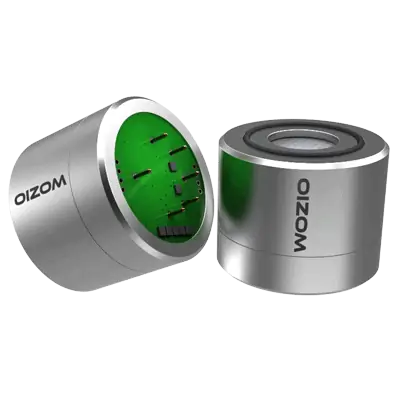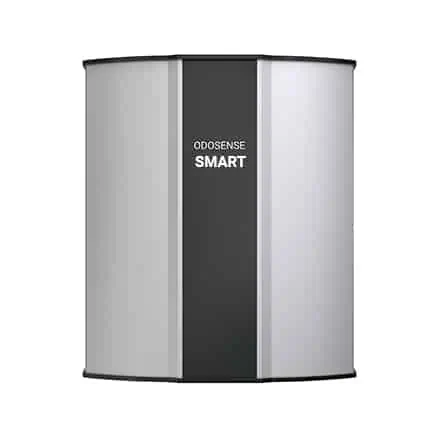Nitric Oxide (NO) Sensor Module
Compact sensor module for NO monitoring at PPB level

Oizom offers various Nitric Oxide (NO) sensor modules for monitoring different levels of NO, depending on the need. Our Nitric Oxide sensor module accurately measures NO levels in ambient conditions, detecting concentrations in ppb/ppm. This module monitors Nitric Oxide in real-time. This sensor is integrated into a metal casing along with ultra-low-noise support electronics, which makes it compact and reliable. This allows accurate gas detection even at very low concentrations in the atmosphere. This sensor works on the electrochemical principle to measure environmental air quality.
This sensor is calibrated using standard calibration gases and tools, ensuring its sensitivity and accuracy align with rigorous standards. Calibration complies with USEPA (40 CFR Part 53) and EU (2008/50/EC) standards for equivalent method instruments. NO sensors are pre-calibrated and are super easy to replace, only taking a few minutes. A new sensor can be placed in the device by removing the old one and putting the new one in its place.
The NO sensor module is integrated into outdoor air quality monitoring systems like Polludrone, AQBot, and Odosense. It is ideal for applications such as campus monitoring, smart cities, industries, wastewater treatment plants, roads, research projects, and environmental impact assessments. By utilizing this sensor module, users can ensure they receive accurate, real-time data on NO levels, aiding in the effective monitoring and management of air quality across diverse environments.
Oizom offers multiple NO sensor module options:
OZNO_1
Measurement Range: 0-5 ppm
Minimum detection limit: 0.01 ppm
Sensor Life: 2 years
Working Principle: Electrochemical sensing
Drift: ±50 ppb / Year
OZNO_2
Measurement Range: 0-100 ppm
Minimum detection limit: 0.5 ppm
Sensor Life: 2 years
Working Principle: Electrochemical sensing
Drift: < 2% / Month
Nitric dioxide sensor module works on the electrochemical principle. It works based on the diffusion of NO gas into the sensor which results in the production of an electrical signal proportional to the NO concentration. It allows accurate and reliable measurement of even low concentrations of nitric oxide, which is essential in NO monitoring in the ambient air.






